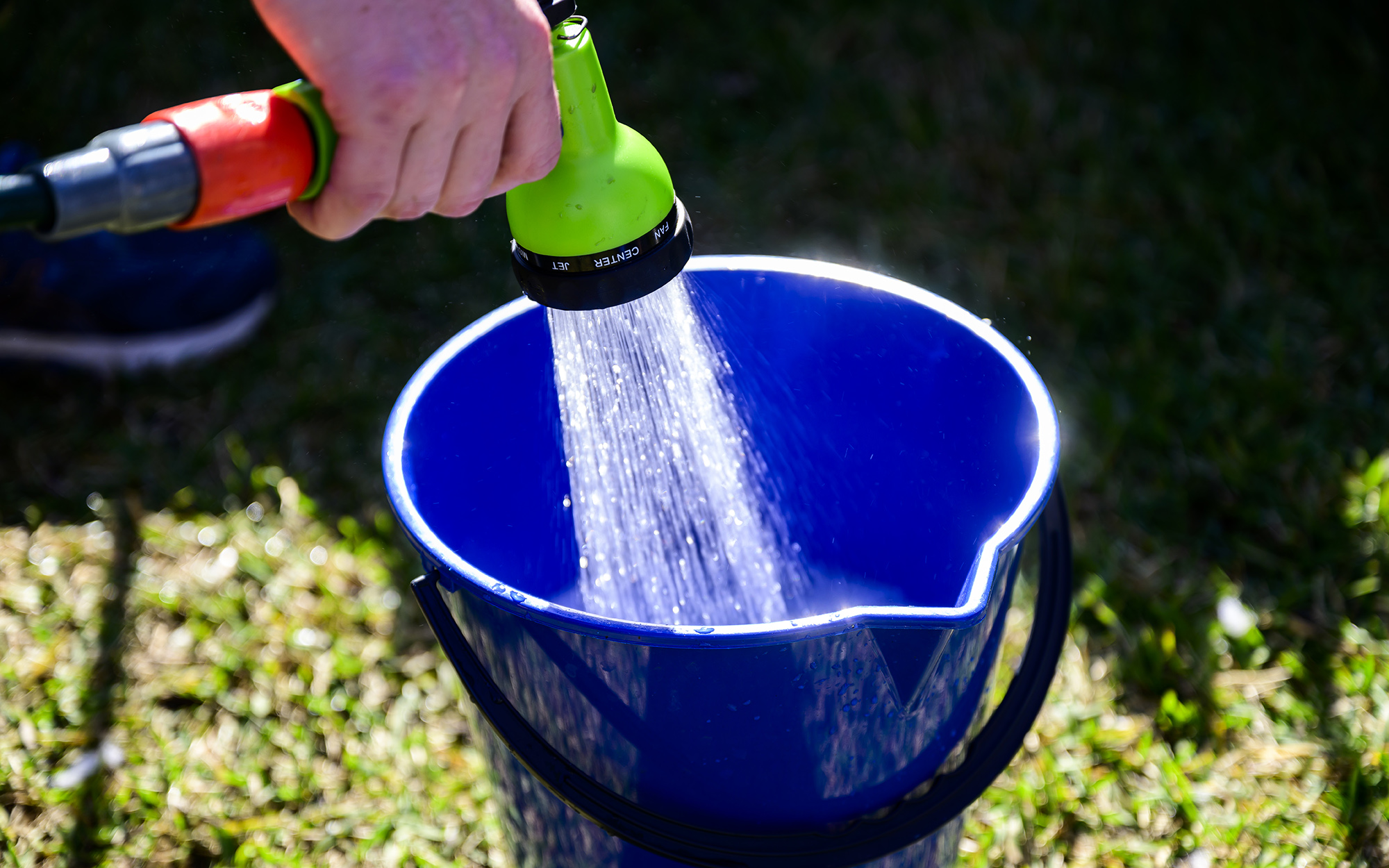
Smart Water Saving Technology Trends: Future of Water Conservation
Share
In an era where water scarcity is becoming an increasingly pressing issue, smart water saving technology trends are emerging as pivotal solutions in the realm of conservation. As tech professionals and tech enthusiasts, understanding these trends not only positions you at the forefront of innovation but also empowers you to contribute meaningfully to sustainability efforts. These technologies are transforming how we interact with water, paving the way for more efficient usage, and ultimately, a more sustainable future.
Water, a vital resource, is under threat due to overconsumption and climate change. The integration of smart technologies in water management systems represents a paradigm shift that could address these challenges head-on. From smart irrigation systems to advanced leak detection mechanisms, the landscape of water conservation is evolving rapidly. Let's delve deeper into these trends and understand how they are shaping the future.

The Rise of IoT in Water Conservation
The Internet of Things (IoT) has revolutionized various sectors, and water management is no exception. By integrating IoT, we can monitor water usage in real-time, detect leaks instantly, and even predict future water needs. This technology enables precise control over water distribution, significantly reducing wastage.
For instance, water conservation in educational institutions is being revolutionized by IoT sensors that provide data-driven insights, allowing for targeted conservation efforts. These systems not only help in conserving water but also reduce operational costs significantly.
Smart Irrigation Systems
Agriculture is one of the largest consumers of water, and smart irrigation systems are designed to optimize water usage in this sector. Using sensors and weather data, these systems determine the exact amount of water needed by crops, ensuring that there is no excess usage. This not only conserves water but also enhances crop yield and reduces energy consumption.
Moreover, these systems can be integrated with mobile applications, allowing farmers to monitor and control irrigation from anywhere. This level of control and precision is invaluable in regions facing acute water shortages.
Advanced Leak Detection Technology
Leaks are a significant source of water waste, and traditional methods of detection often fall short. Advanced leak detection technologies employ acoustic sensors and artificial intelligence to identify leaks with pinpoint accuracy. These systems alert users immediately, allowing for swift action and preventing further wastage.
In urban settings, such technologies are indispensable. Cities around the world are adopting smart leak detection systems as part of their infrastructure to combat water loss. This not only conserves water but also saves municipalities significant costs in maintenance and repairs.
AI and Machine Learning in Water Management
Artificial Intelligence (AI) and Machine Learning (ML) are playing crucial roles in modern water management systems. By analyzing vast amounts of data, AI can predict usage patterns, detect anomalies, and suggest optimized water distribution strategies. This predictive capability is essential for efficient resource management, especially in areas prone to droughts.
Additionally, AI-driven systems can integrate data from various sources, providing a comprehensive overview of water networks. This enables proactive decision-making and enhances the overall efficiency of water management systems.
Blockchain for Transparent Water Usage
Blockchain technology, known for its transparency and security, is finding applications in water management. By creating immutable records of water usage, blockchain ensures accountability and transparency. This is particularly useful in regions where water allocation is a contentious issue.
The implementation of blockchain can help in fair water distribution and prevent unauthorized usage. This technology also facilitates peer-to-peer water trading, empowering communities to manage their water resources effectively.
Conclusion: The Path Forward
The integration of smart technologies in water management is not just a trend; it is a necessity. As water scarcity continues to challenge communities worldwide, embracing these innovations is crucial for ensuring a sustainable future. By staying informed about these technological advancements, tech professionals and enthusiasts can play a pivotal role in driving the change towards more responsible water usage.
For more insights on water conservation, you can explore resources like the Wildlife Trusts and other awareness campaigns aimed at fostering a culture of conservation.

FAQ Section
How does IoT help in water conservation?
IoT helps in water conservation by providing real-time monitoring and data analysis, allowing for precise water management and reducing wastage.
What are the benefits of smart irrigation systems?
Smart irrigation systems optimize water usage, enhance crop yield, reduce energy consumption, and can be controlled remotely via mobile applications.
How does AI contribute to efficient water management?
AI analyzes data to predict usage patterns, detect anomalies, and suggest optimized distribution strategies, enhancing overall water management efficiency.
